Frequently Asked Questions
1. What are folding knives?
2. What are the main types of folding knives?
3. Are there legal restrictions for carrying folding knives in the U.S.?
4. What should I consider when carrying a folding knife?
5. How can I stay informed about knife-carrying laws?
Carrying a pocket knife is a common practice for many individuals, whether it’s for daily tasks, outdoor adventures, or emergency situations. However, the legality of carrying folding knives varies significantly from state to state in the United States. In this article, we’ll explore the legalities of carrying folding knives by state, as well as provide important tips for knife enthusiasts and everyday users alike.
Understanding Pocket Knife Classifications
Before diving into the specific laws by state, it's essential to understand the classifications of pocket knives and how they may affect legality.
What are Folding Knives?
Folding knives, as the name suggests, feature a blade that folds into the handle, making them compact and convenient for everyday carry (EDC). These knives can serve a multitude of purposes, from practical tools for tasks like opening packages to emergency instruments for survival situations.
Different Types of Folding Knives
- Locking Folding Knives: These have a mechanism to lock the blade in place when open, providing added safety during use.
- Non-Locking Folding Knives: These do not have a locking mechanism, making them easier to close but potentially less safe.
- Assisted Opening Knives: These folding knives feature a spring-assisted mechanism that helps open the blade quickly.
Each type may be subject to different regulations depending on local laws, which is why it's important to know your state’s specifics.
The Legal Landscape by State
The legality of carrying folding knives can hinge on a variety of factors including blade length, locking mechanisms, and the intended use of the knife. Here’s a breakdown of the rules in various states.
California
In California, folding knives with blades under 2.5 inches generally pose little risk. However, any knife that conceals a blade greater than 2.5 inches, or has a locking mechanism, can classify it as a prohibited weapon. It's important to understand your rights and responsibilities as a knife carrier here.
Texas
Known for its more lenient laws, Texas allows individuals to carry folding knives without restrictions as long as the blade does not exceed 5.5 inches. However, always check local ordinances to stay compliant.
New York
New York has strict regulations regarding pocket knives. Any folding knife is subject to scrutiny, especially if it has a blade that exceeds 4 inches. Prohibited knives include gravity knives and switchblades, so be careful about the type of folding knives you choose to carry.
Florida
Florida law permits the carrying of most folding knives, with the notable exception of weapons like switchblades or those with blades measuring longer than 4 inches carried in specific ways. It's always wise to check local regulations before heading out.
Illinois
Illinois has specific laws surrounding concealed carry, including for folding knives. While folding knives are generally permitted, knives that lock open or are operated by a spring mechanism may have restrictions depending on local rules.
North Carolina
In North Carolina, folding knives are generally allowed, but certain cities enforce local ordinances that could impose restrictions on blade length, so it is essential to know the laws in your local area.
Factors to Consider When Carrying Folding Knives
Beyond just knowing the laws, consider the following factors when carrying a folding knife.
Personal Safety
The most obvious factor is your safety and that of those around you. When carrying a folding knife, be aware of how and where you use it. Always treat your knife as a tool and not a weapon.
Blade Length and Type
As regulations often center around the blade length and type of knife, selecting the right folding knife can help avoid potential legal troubles. It’s safe practice to keep your knife's blade length within the legal limits of your state.
Awareness of Public Spaces
Some states have laws prohibiting knives in certain public areas such as schools, government buildings, and sporting events. Always familiarize yourself with local laws to prevent unintended legal consequences.
Staying Informed
Laws regarding folding knives can change, and staying updated with local legislation is crucial. Following local news outlets, forums, and communities can keep you informed about the most current issues concerning pocket knives.
Joining the Knife Community
Engaging with fellow knife enthusiasts is a great way to get the scoop on best practices, new laws, and more. Local clubs, online forums, and even social media groups can provide valuable resources and support.
Educate Yourself About Responsible Use
Knowing how and when to use your folding knife safely and responsibly is just as important as understanding the legalities surrounding it.
Proper Storage
Under certain circumstances, you may be required to store your folding knives differently depending on local laws. Carrying a knife securely in a sheath or pocket that is difficult to access quickly can mitigate safety issues.
Keep It Sharpened and Maintained
A dull knife can be more dangerous than a sharp one, as people tend to apply more force when using dull tools. Regular maintenance is essential to ensure your folding knife is safe for use in various situations.
Common Misconceptions About Knives
It’s easy to misunderstand the laws surrounding knives, as they can be perceived differently by various individuals. Here are a few misconceptions that need to be cleared up.
Killing or Causing Harm
Some individuals automatically associate knives with violence. By understanding the precise legal framework for knives in your area, you can carry your folding knives confidently and without any negative associations.
A Knife is a Weapon
While a folding knife can certainly be used as a weapon, many people utilize them strictly as tools for work or recreation. By changing the narrative around knives, we can influence how society views these essential tools.
Your Ultimate Guide to Carrying Folding Knives
Carrying a pocket knife can be a valuable addition to your everyday gear, provided you're informed about the laws and responsibilities that come with it. Below are essential tips for becoming a responsible knife carrier.
- Know the Law: Always stay updated on local and state regulations regarding folding knives.
- Have a Purpose: Carry your knife with a clear intention of how you’ll use it.
- Practice Safe Usage: Always treat your knife with respect and operate it with safety in mind.
- Be Prepared for Questions: If stopped by law enforcement, be ready to explain your reasons for carrying a knife.
By being informed and responsible, you can enjoy the convenience and utility of folding knives while remaining compliant with local laws.
Arm Yourself with Knowledge
In conclusion, understanding the legalities of carrying pocket knives is vital for navigating the complex web of regulations across the United States. As a knife enthusiast or a casual user, being aware of the laws, best practices, and community guidelines will ensure you can enjoy your folding knives safely and responsibly. Stay informed, practice mindful usage, and become a responsible advocate for knife-carrying rights.






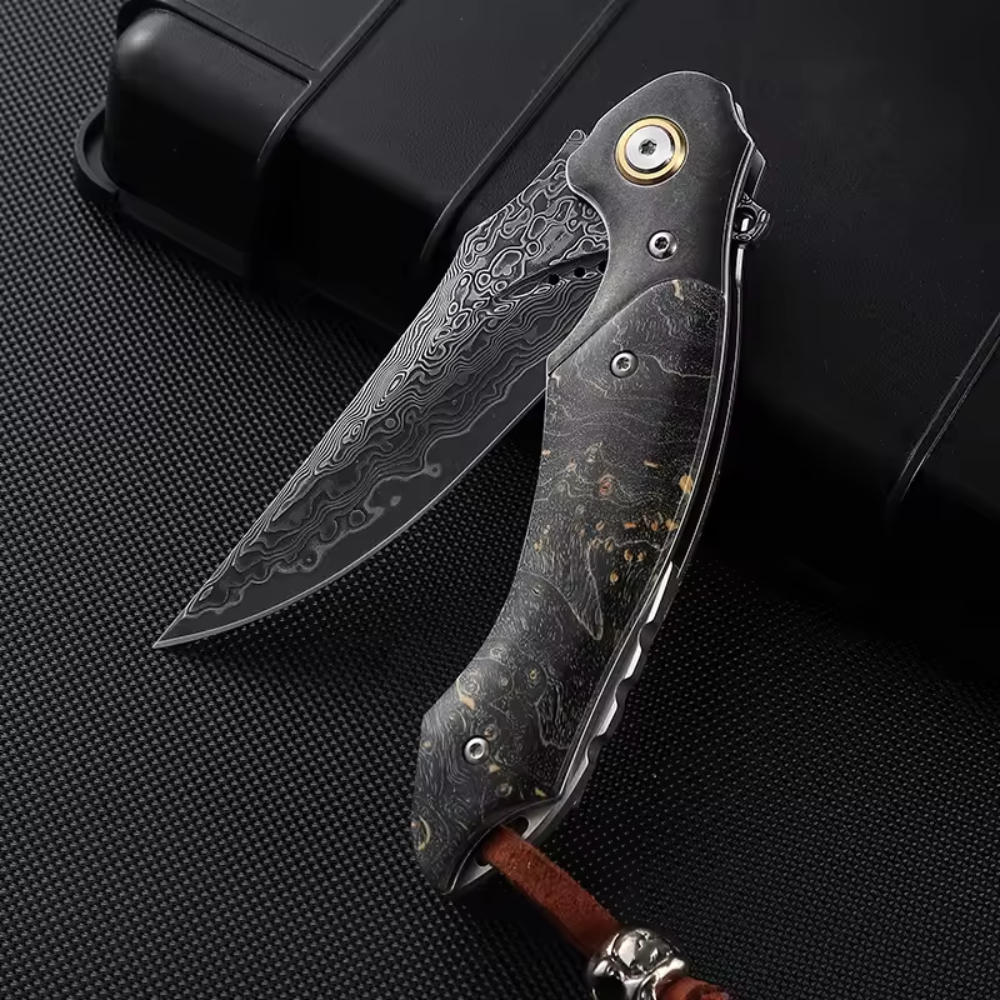
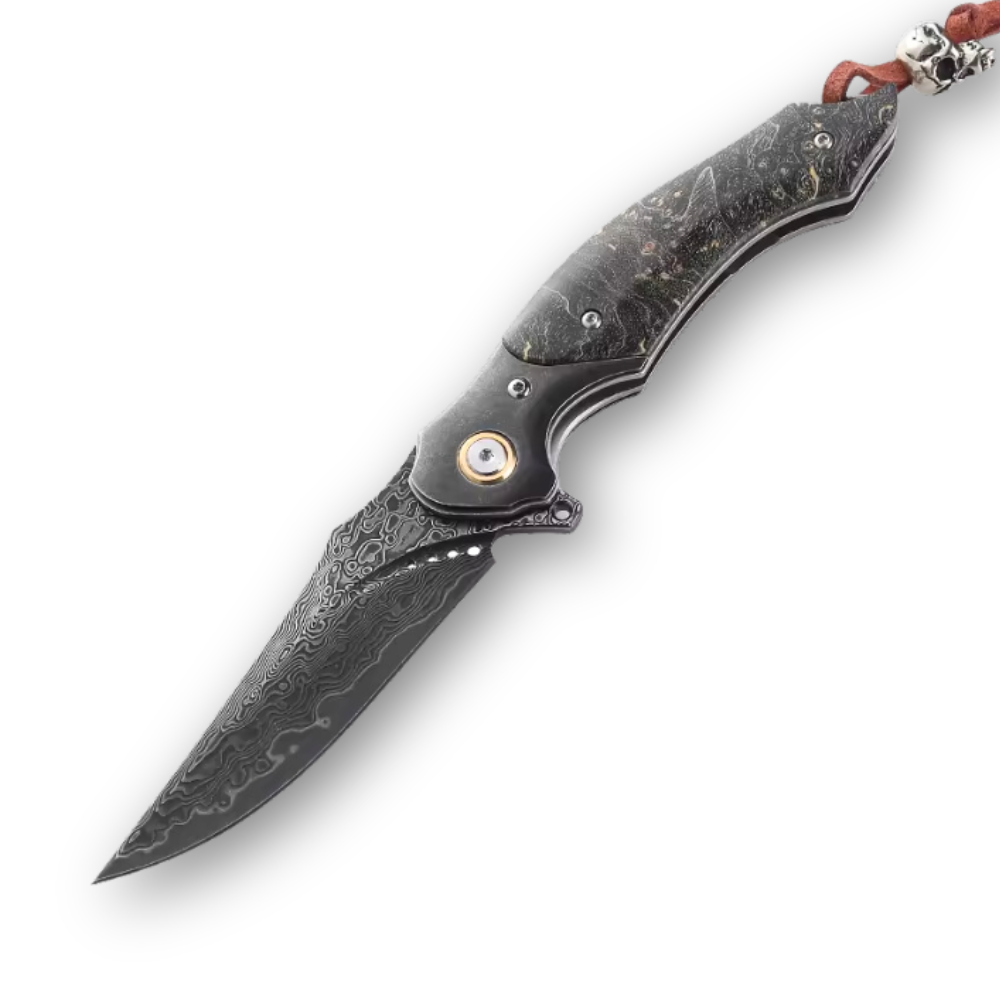

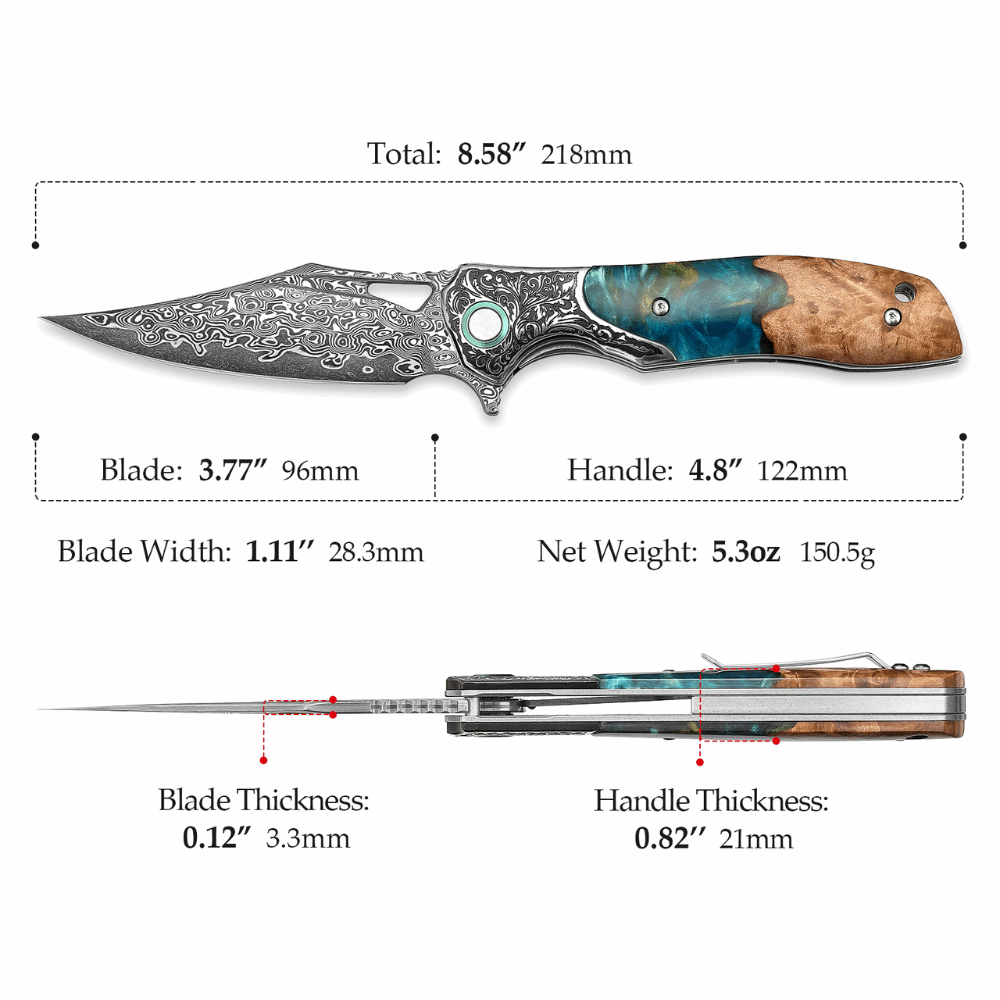
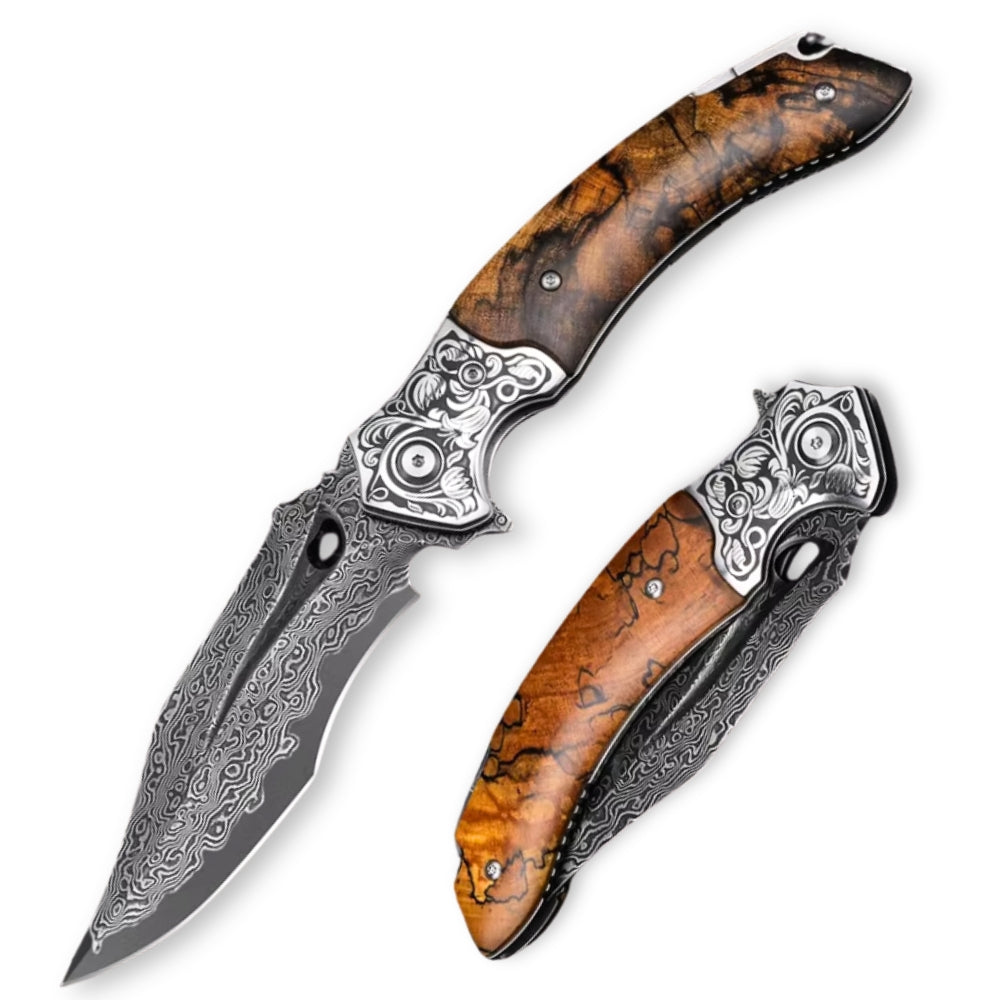
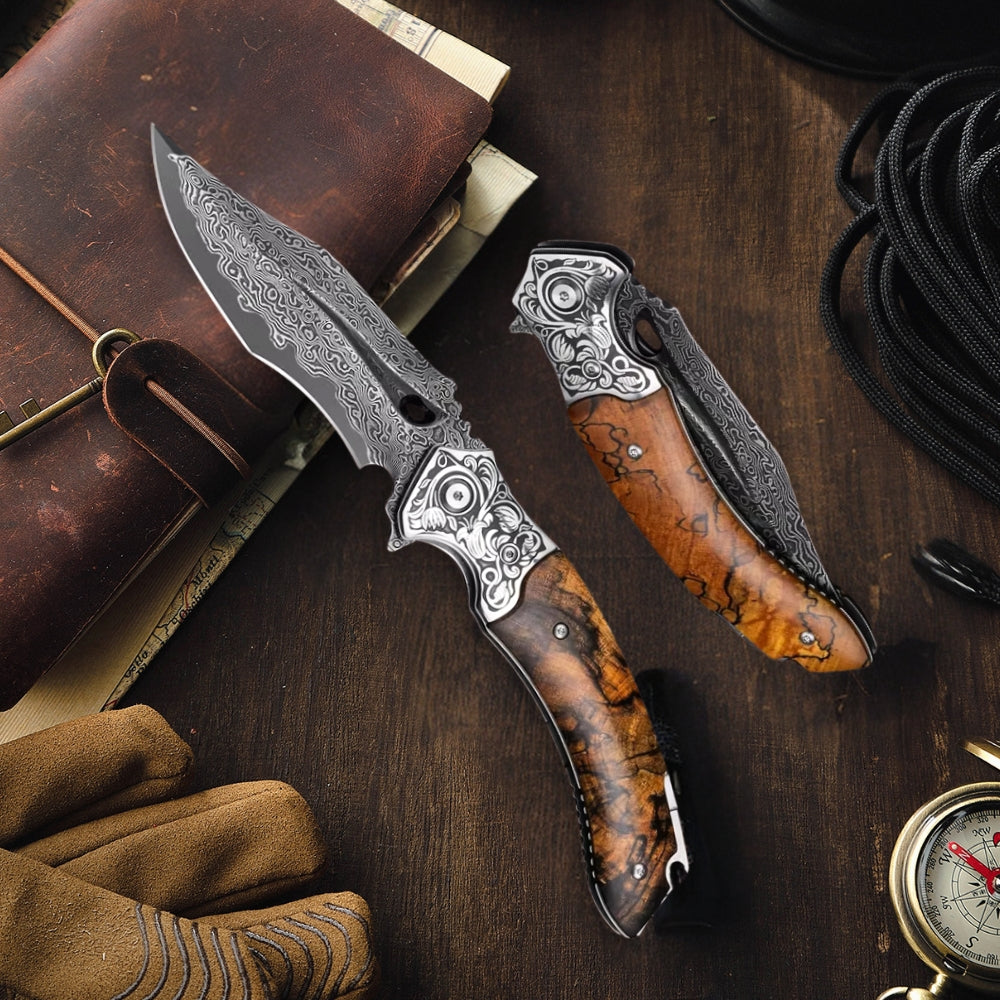
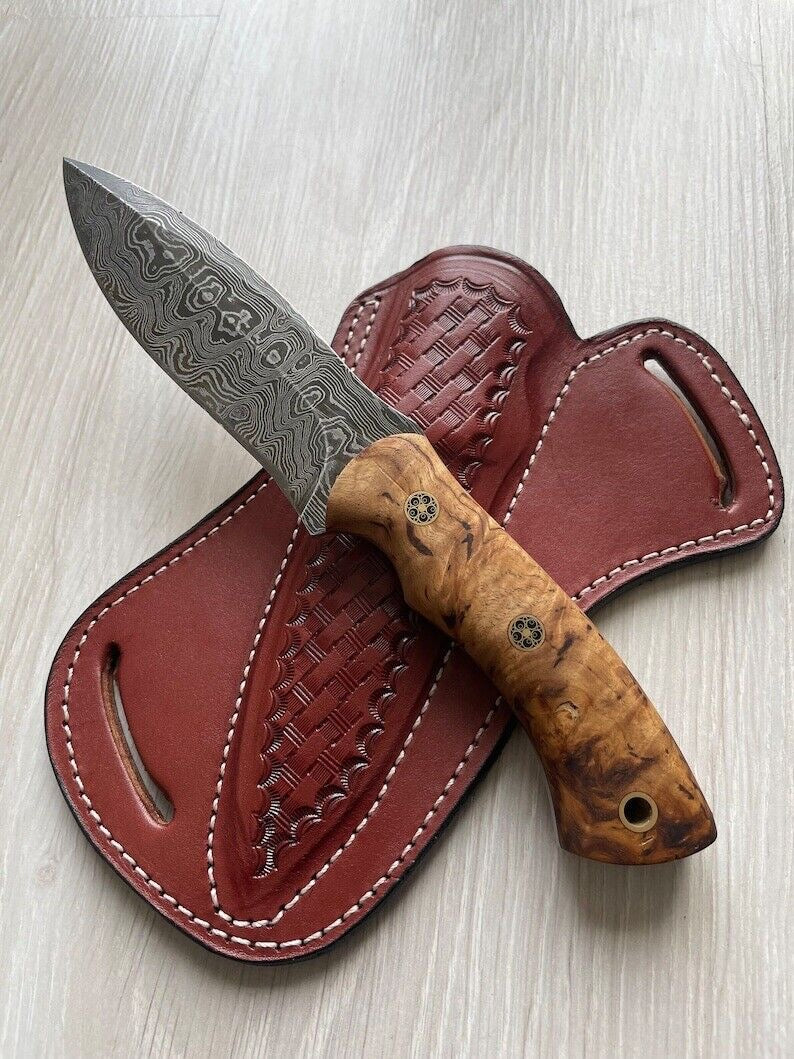

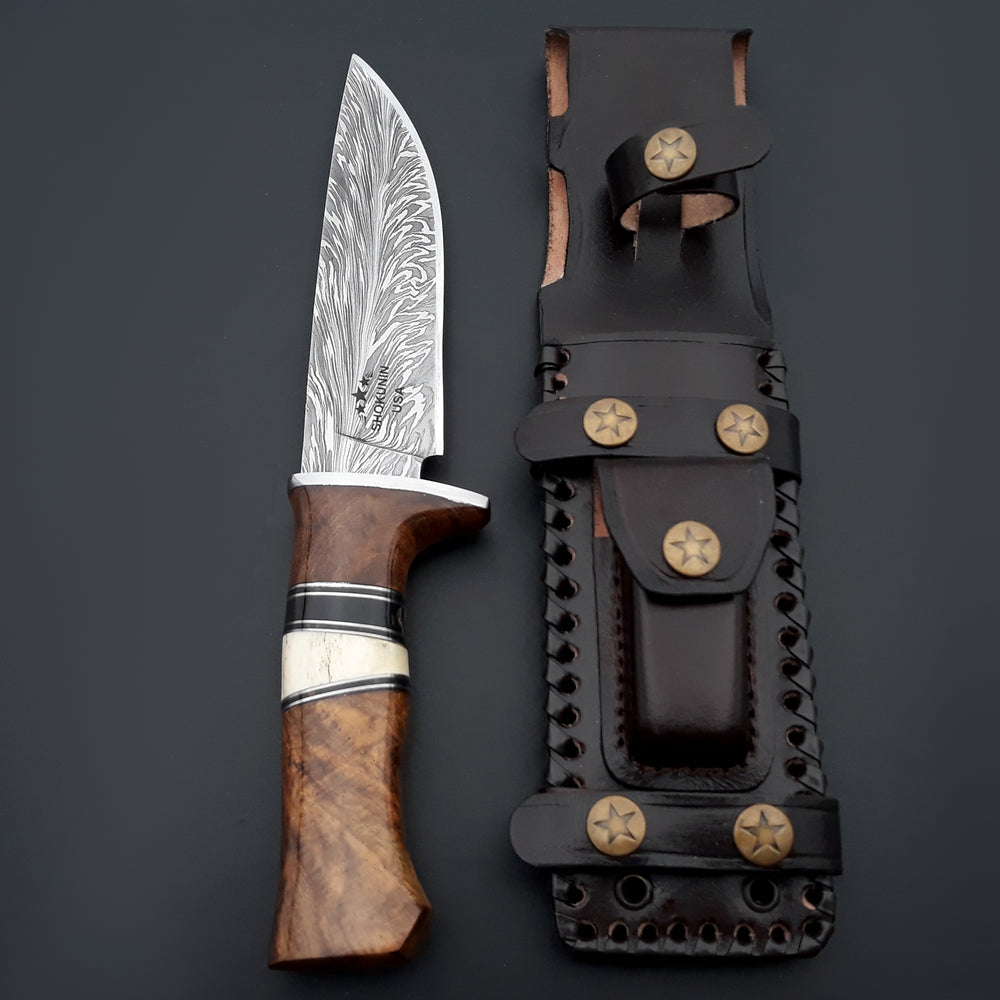
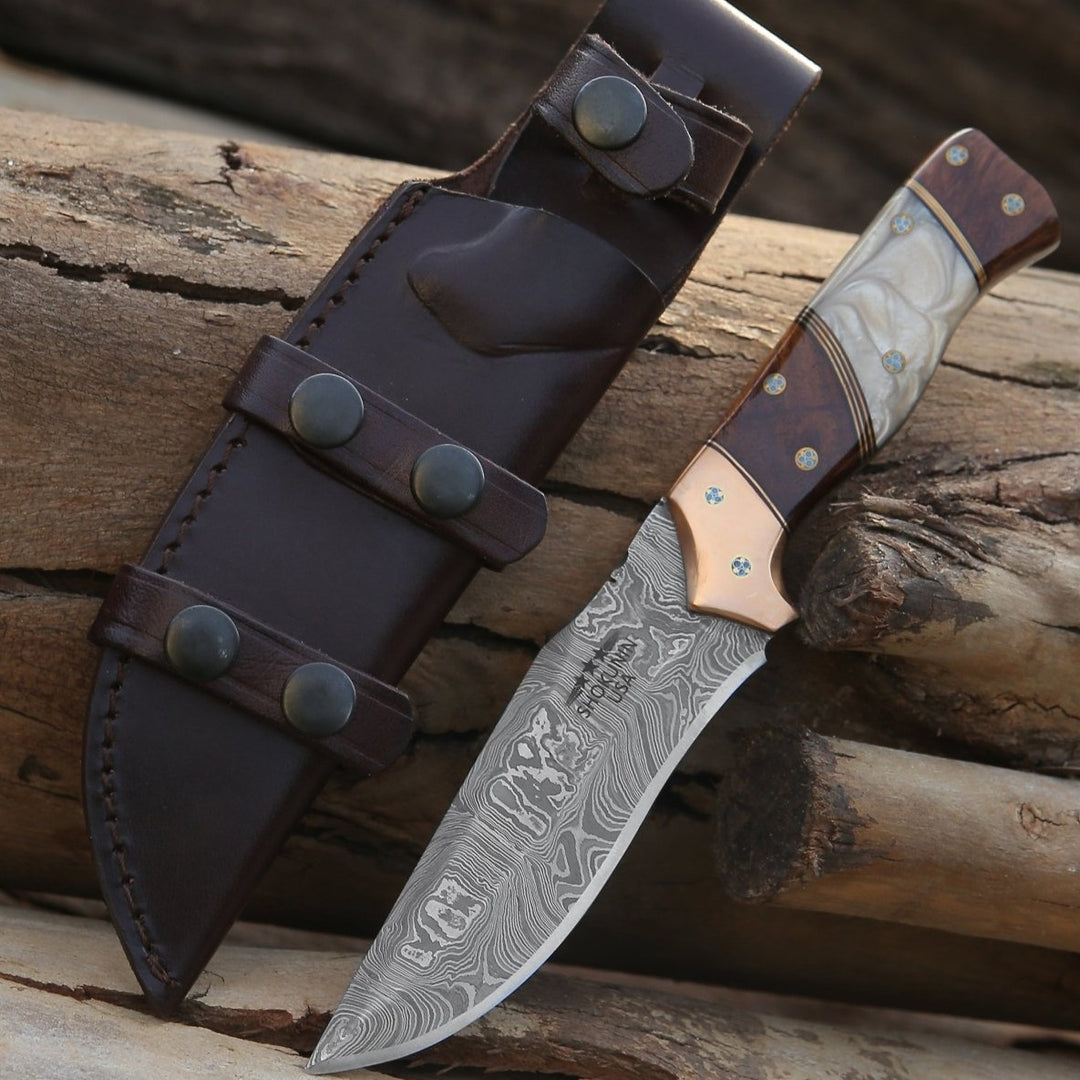
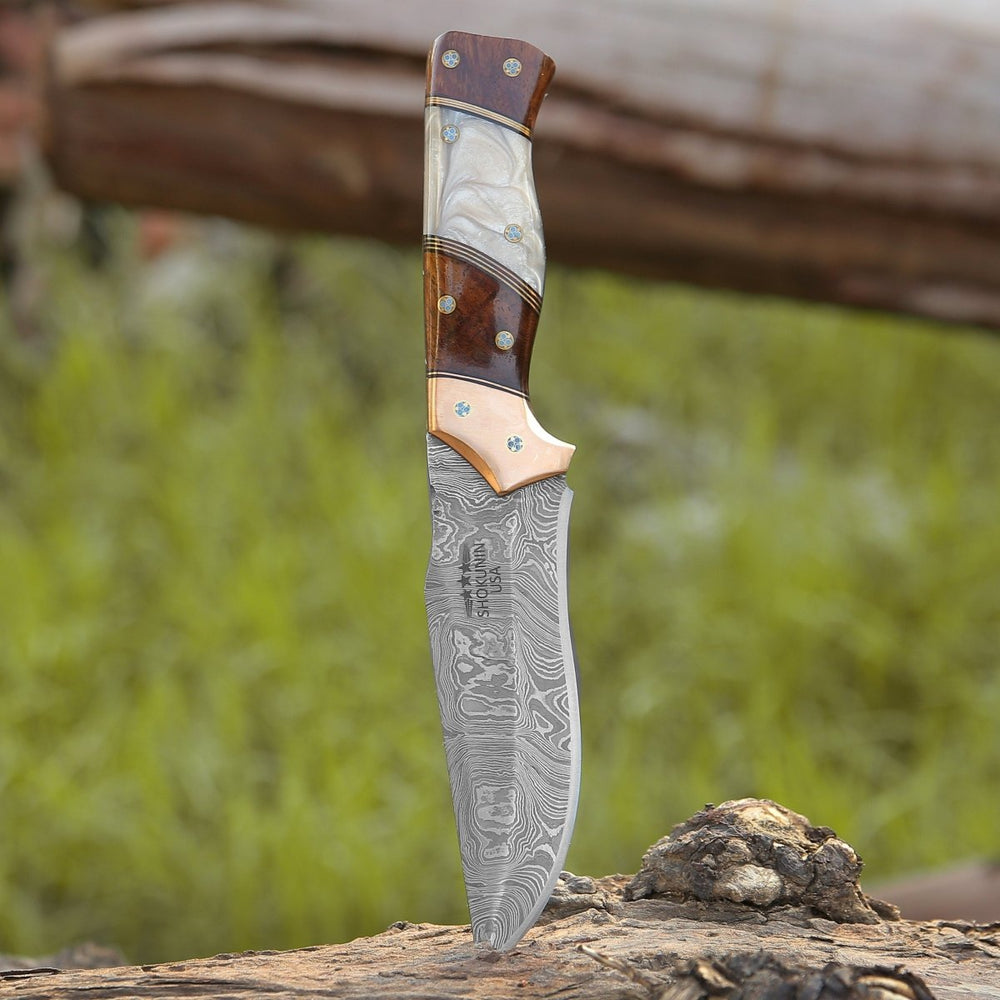
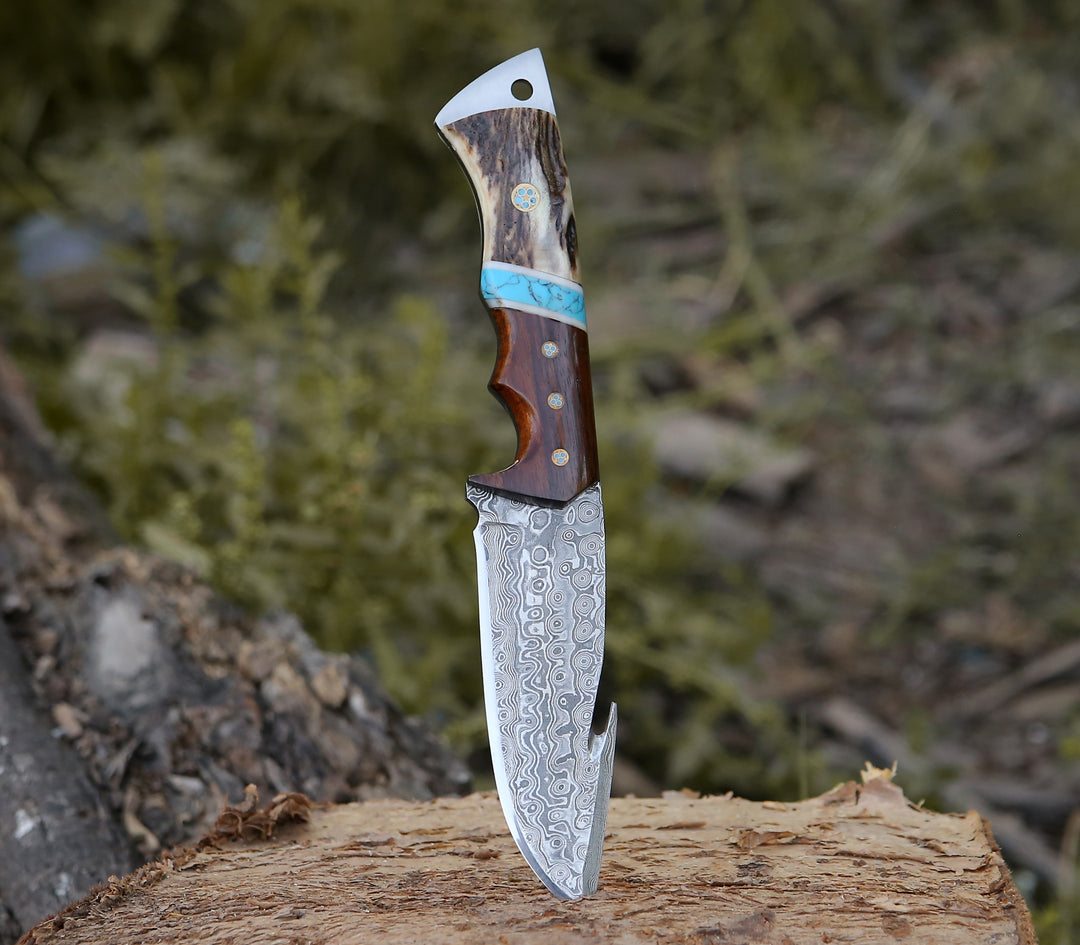

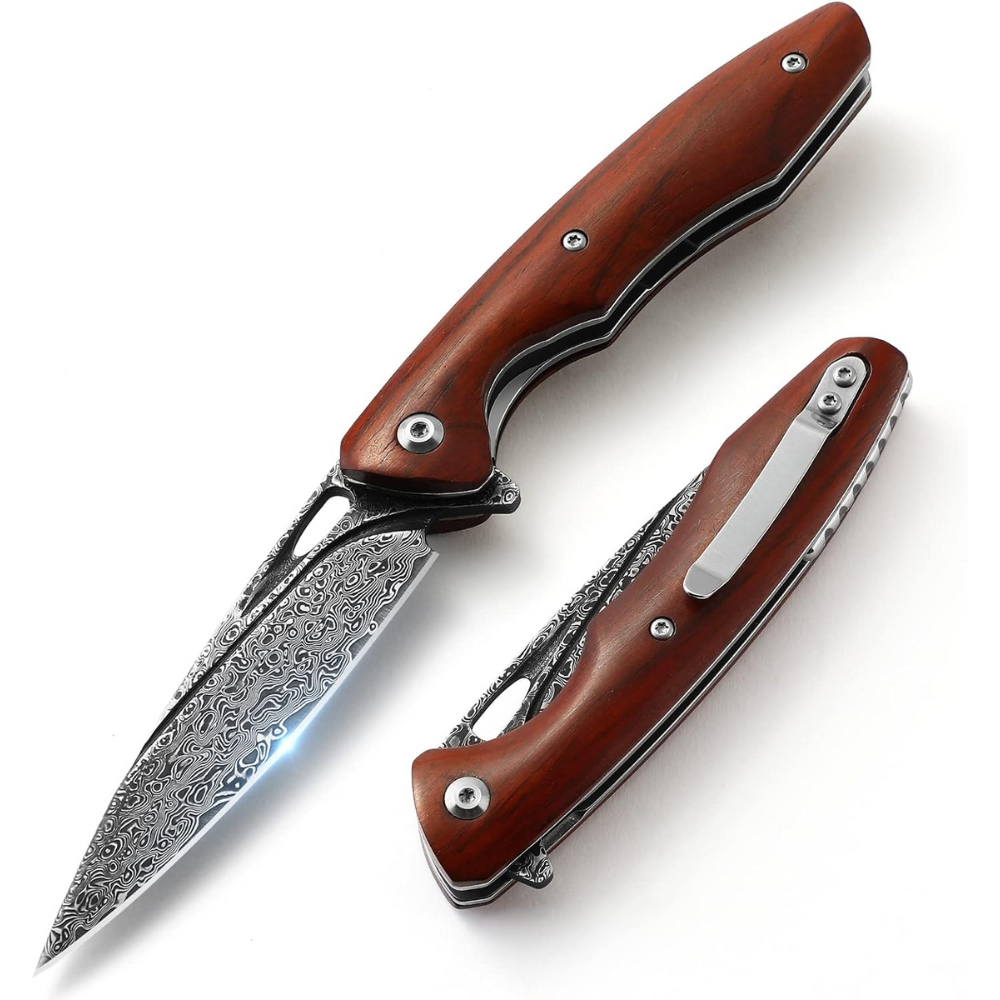

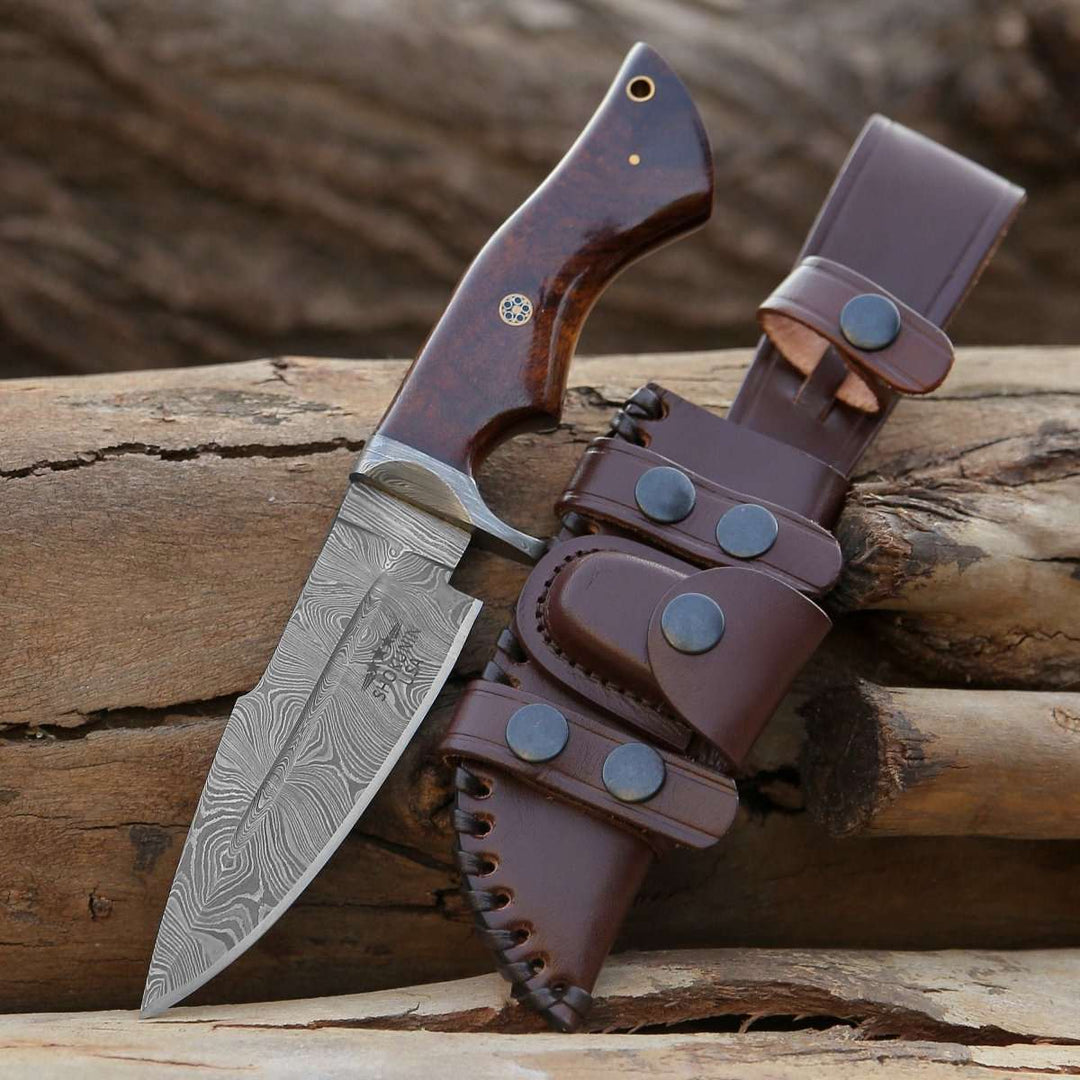
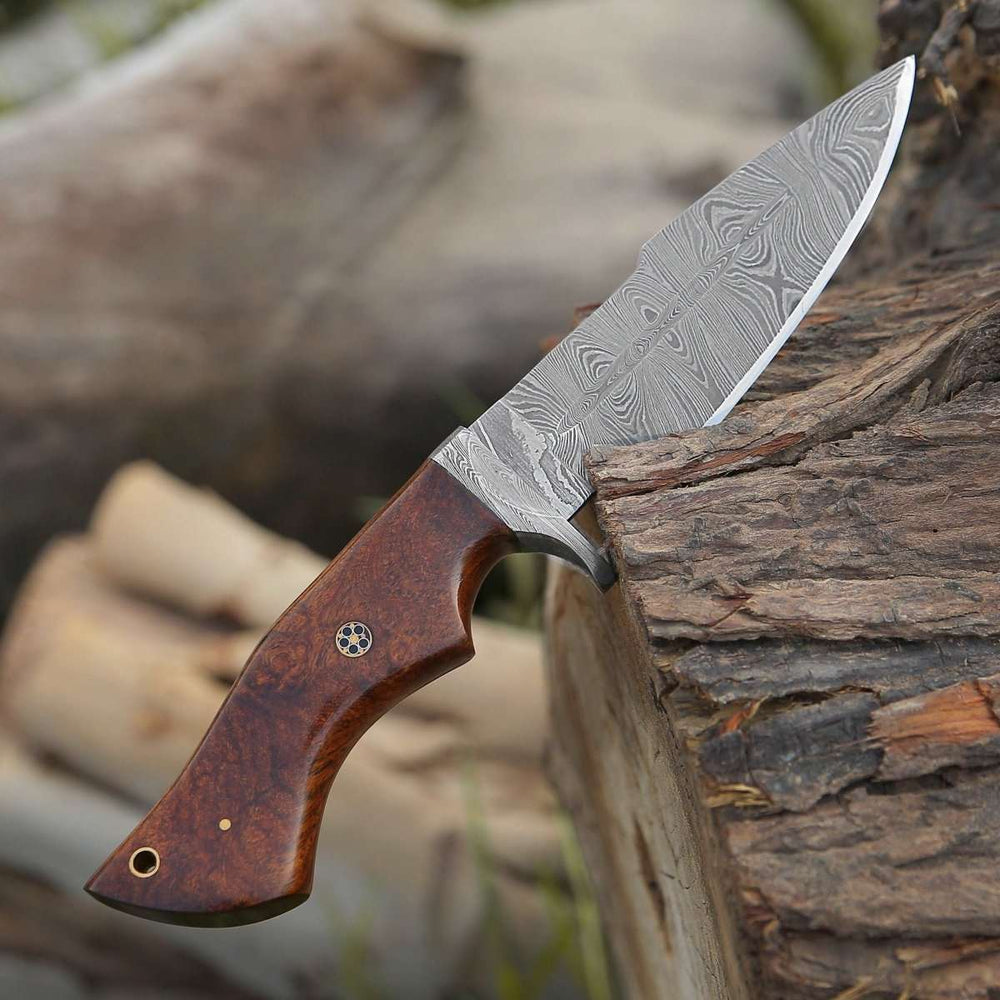
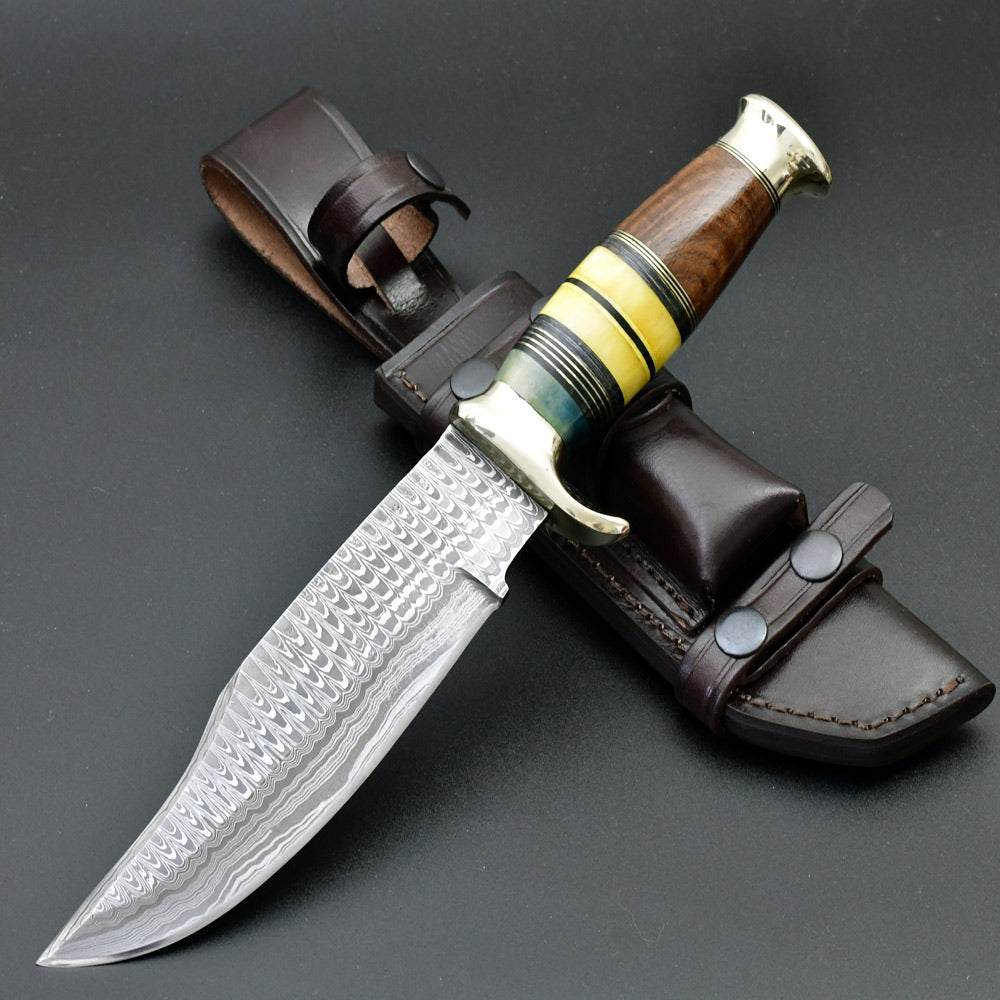
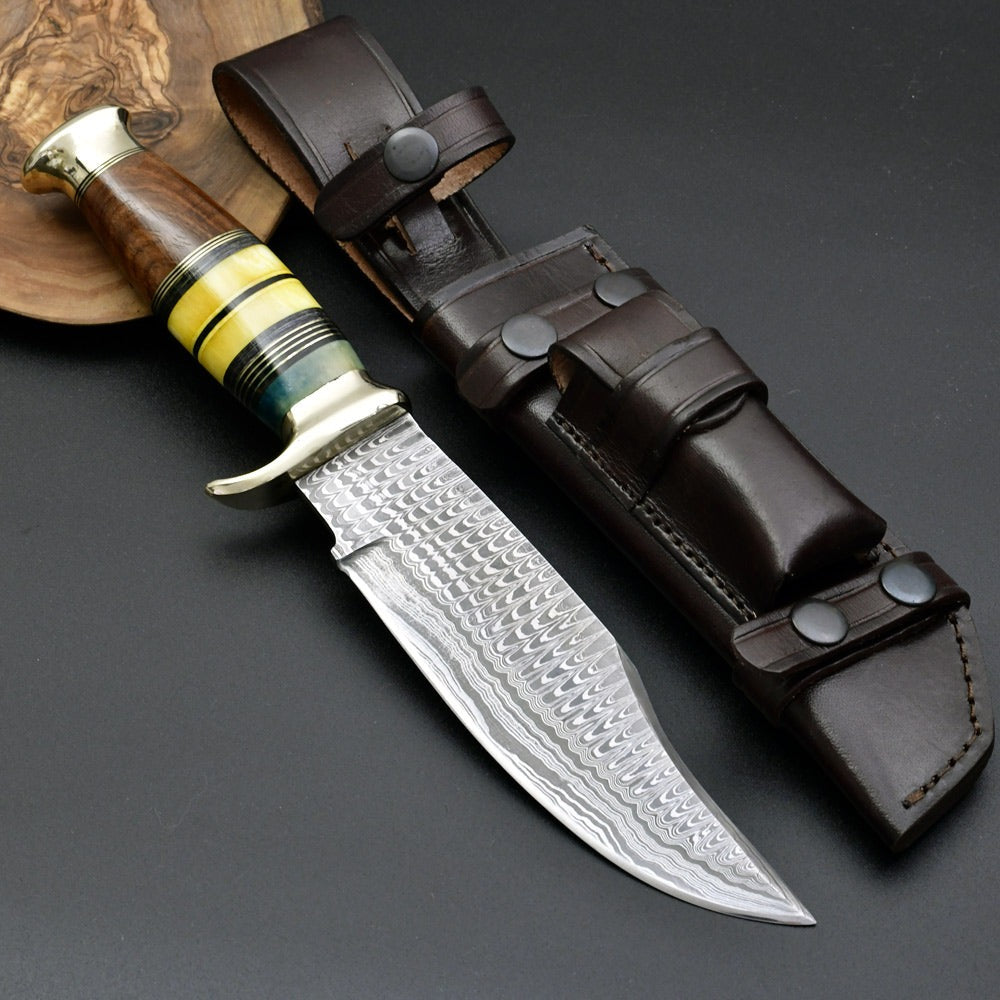
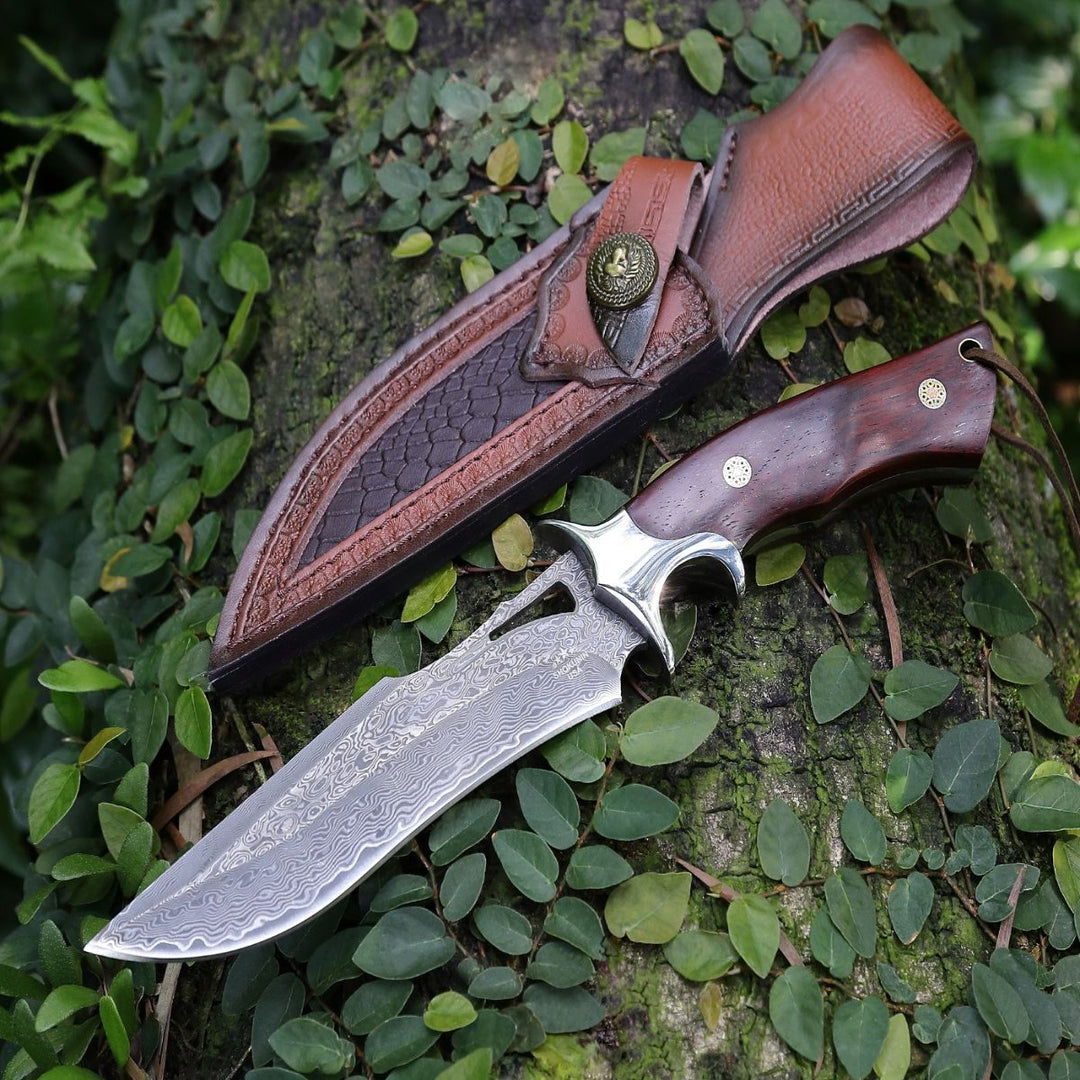
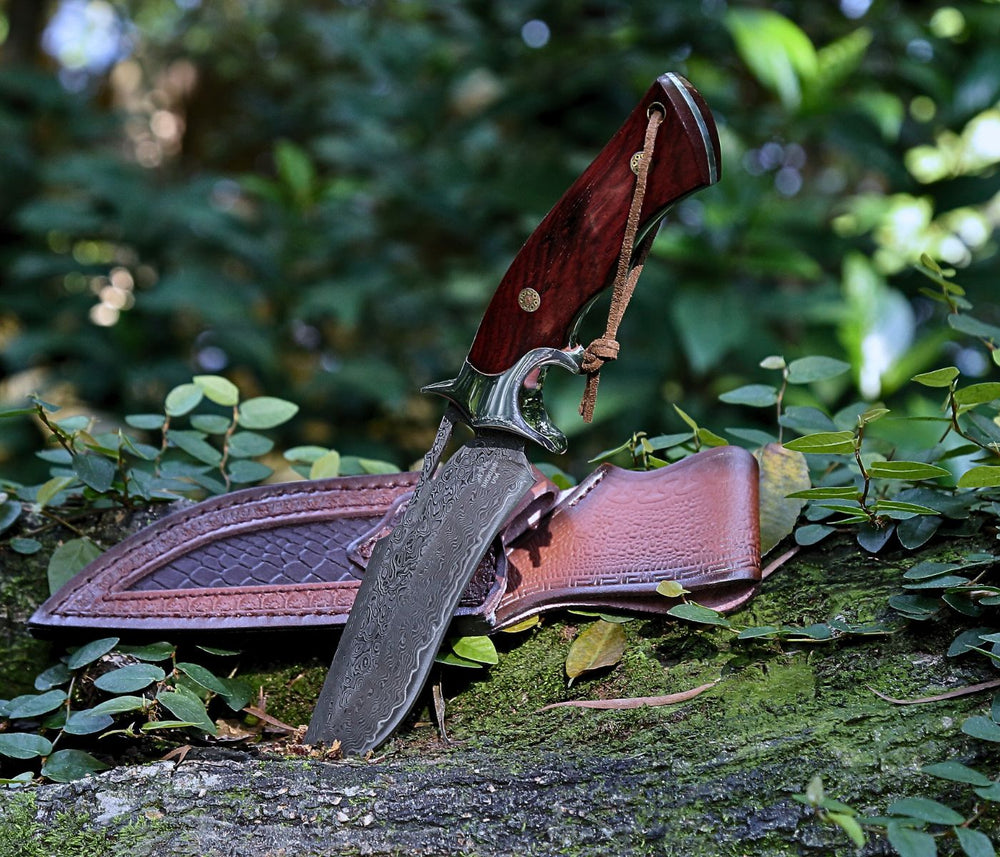
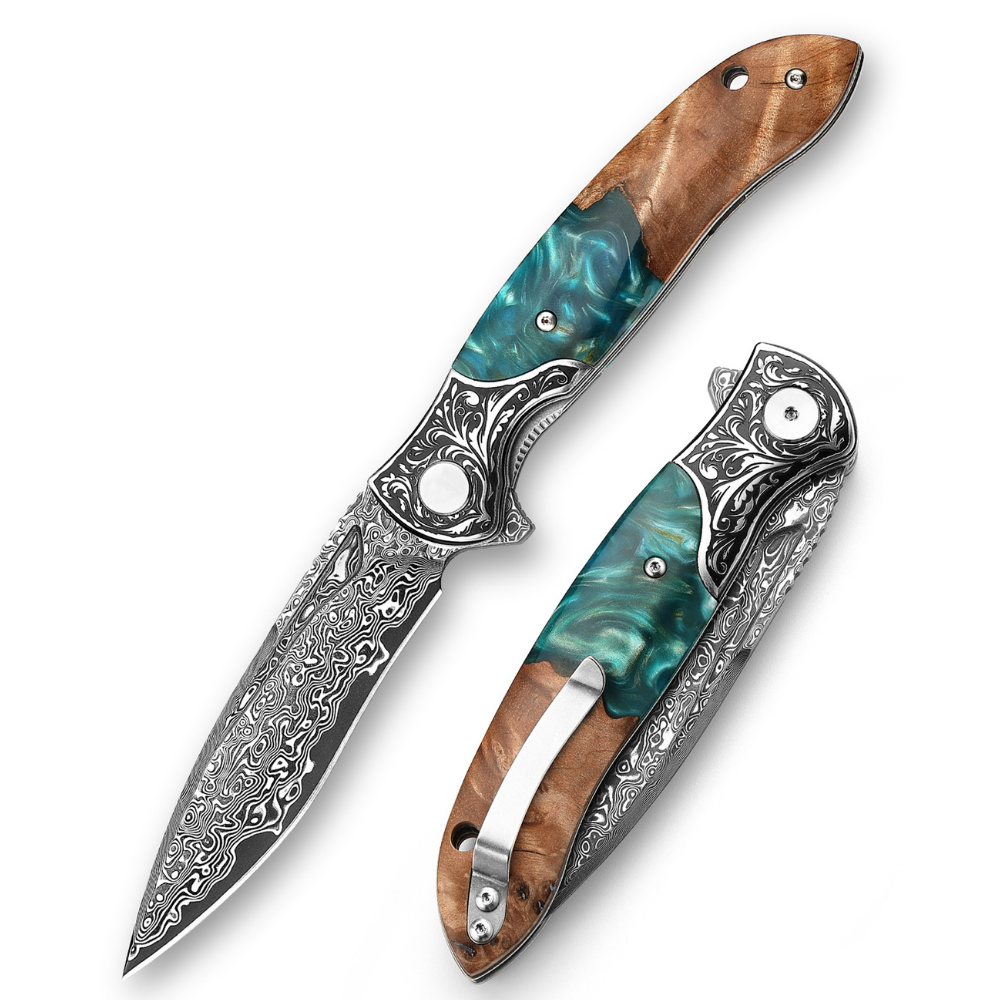

Leave a comment